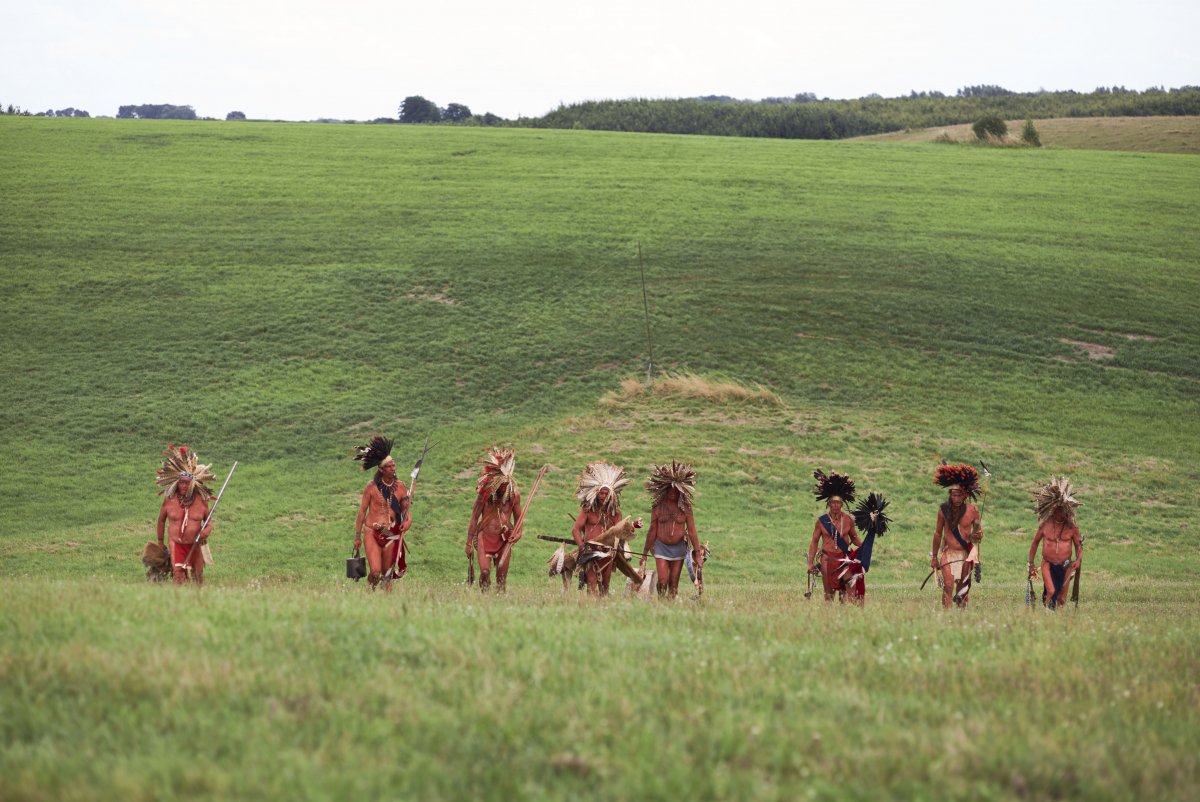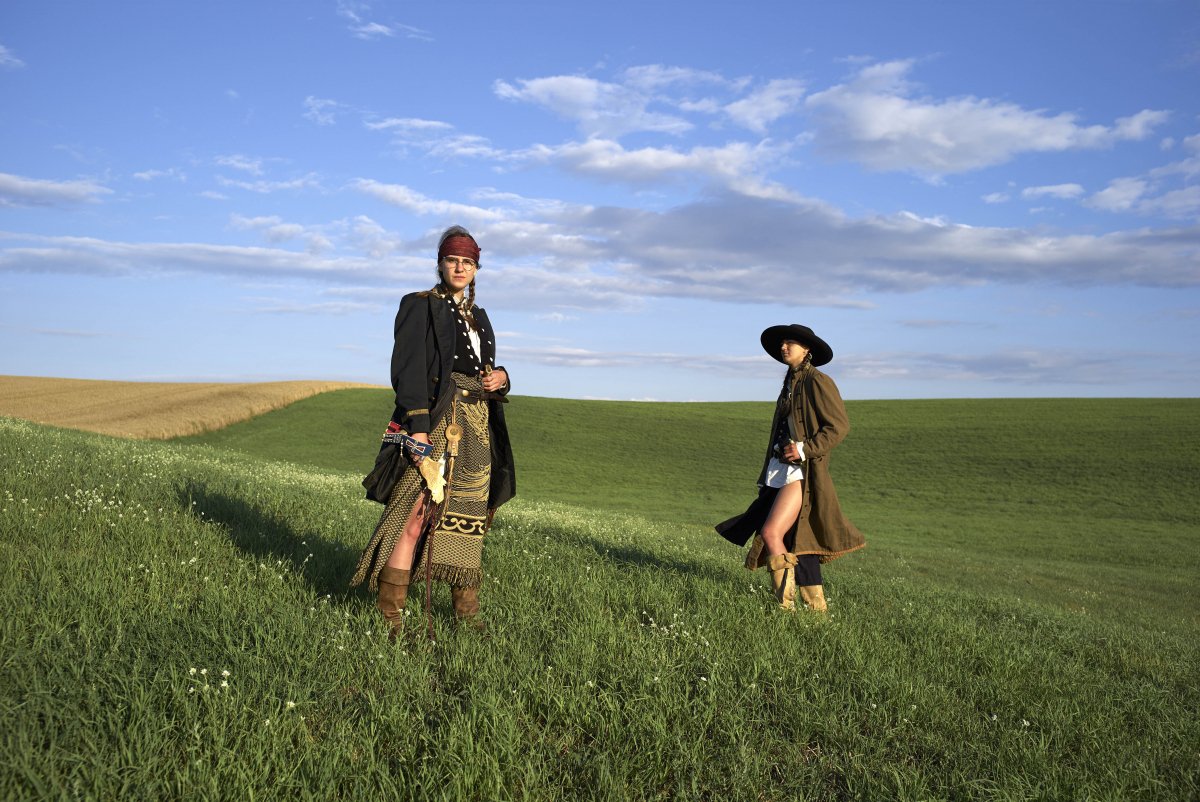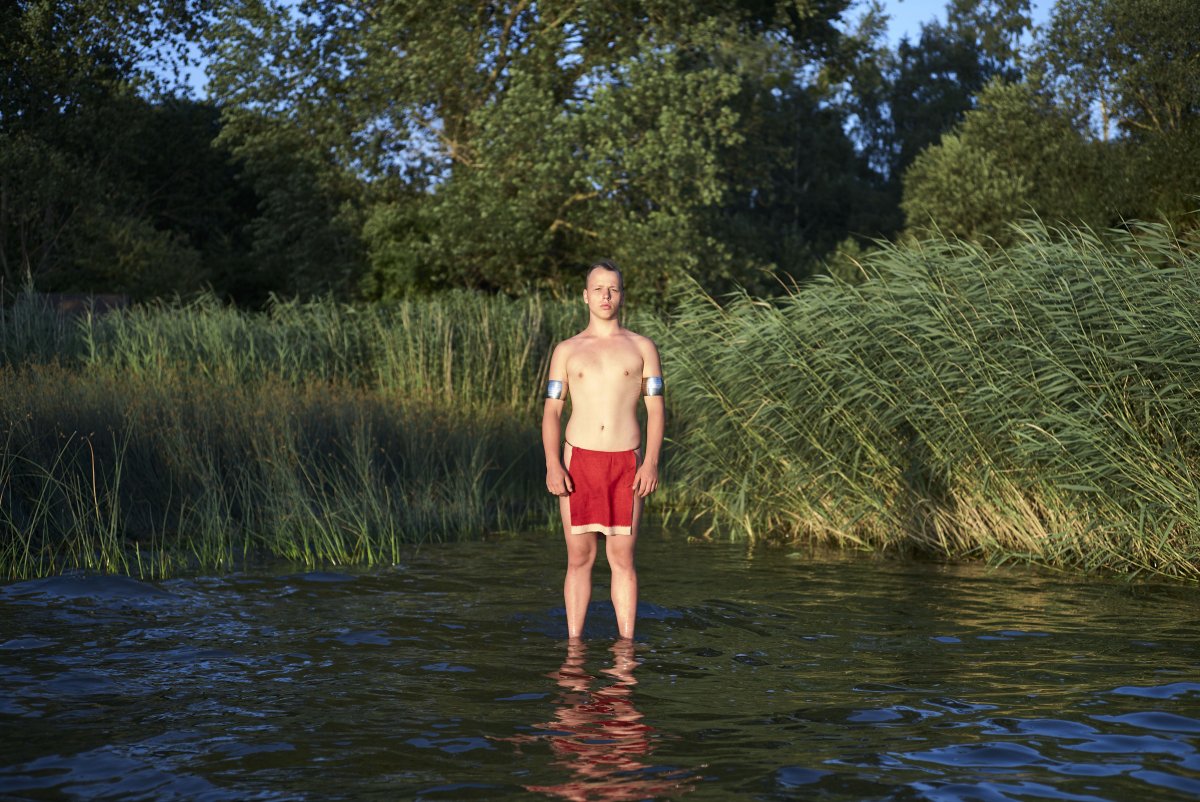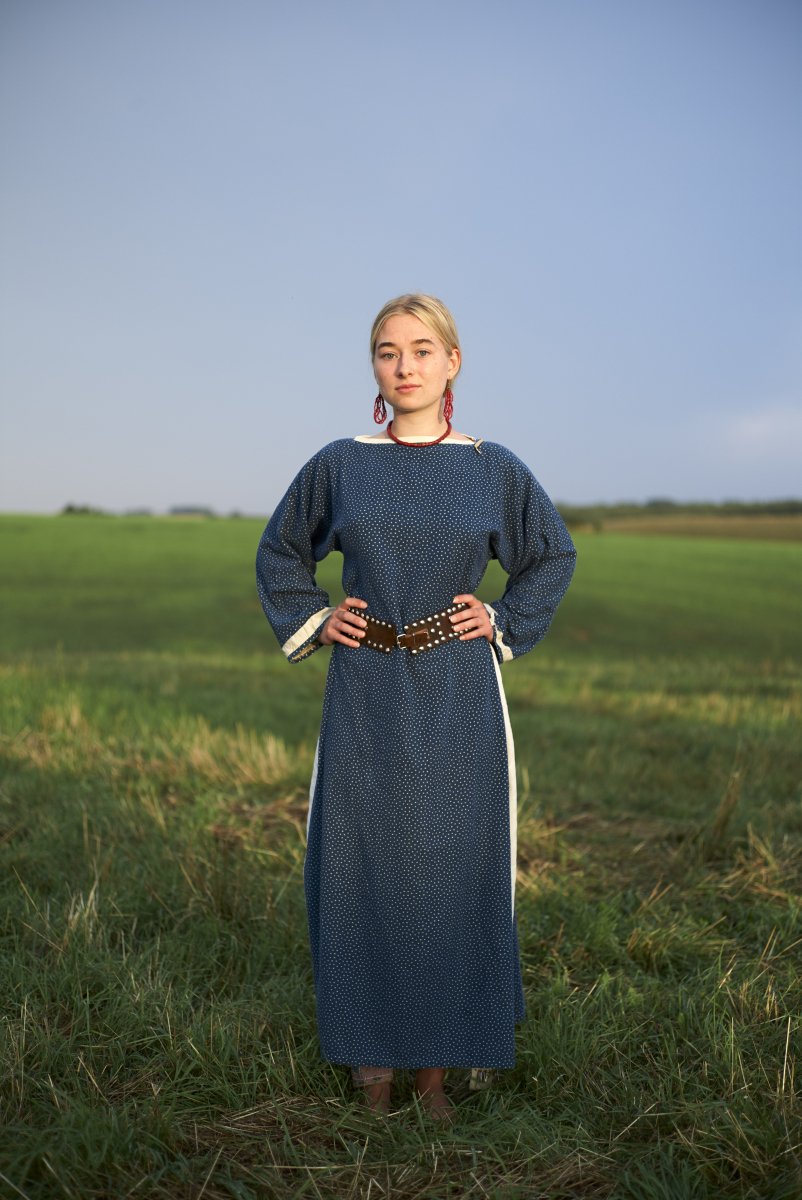Our deepest devotions and passions are revealed in our hobbies. Enthusiasm for the culture and lifestyle of the indigenous people from America has manifested historically, not only in ethnological studies, but also in clichéd aesthetic representations and cultural appropriation. During the GDR period, the numerous groups that were interested in Indian studies developed a life of their own despite being viewed with suspicion by the state. Following the GDR’s dissolution in 1990, the Indian studies scene became increasingly individualised and fragmented.
With this project, "The WILD WEST in the East", I investigate East Germany’s cultural and personal fascination with indigenous American society. The resulting photographs and interviews document the enduring attraction that these cultures hold within Germany. Furthermore, the project highlights the various controversies that arise from this fascination and interrogates social perceptions of cultural "authenticity".
The WILD WEST in the east @ Kunstfest Weimar
The WILD WEST in the east @ Leica Fotografie International
The WILD WEST in the east @ DUMMY Magazin
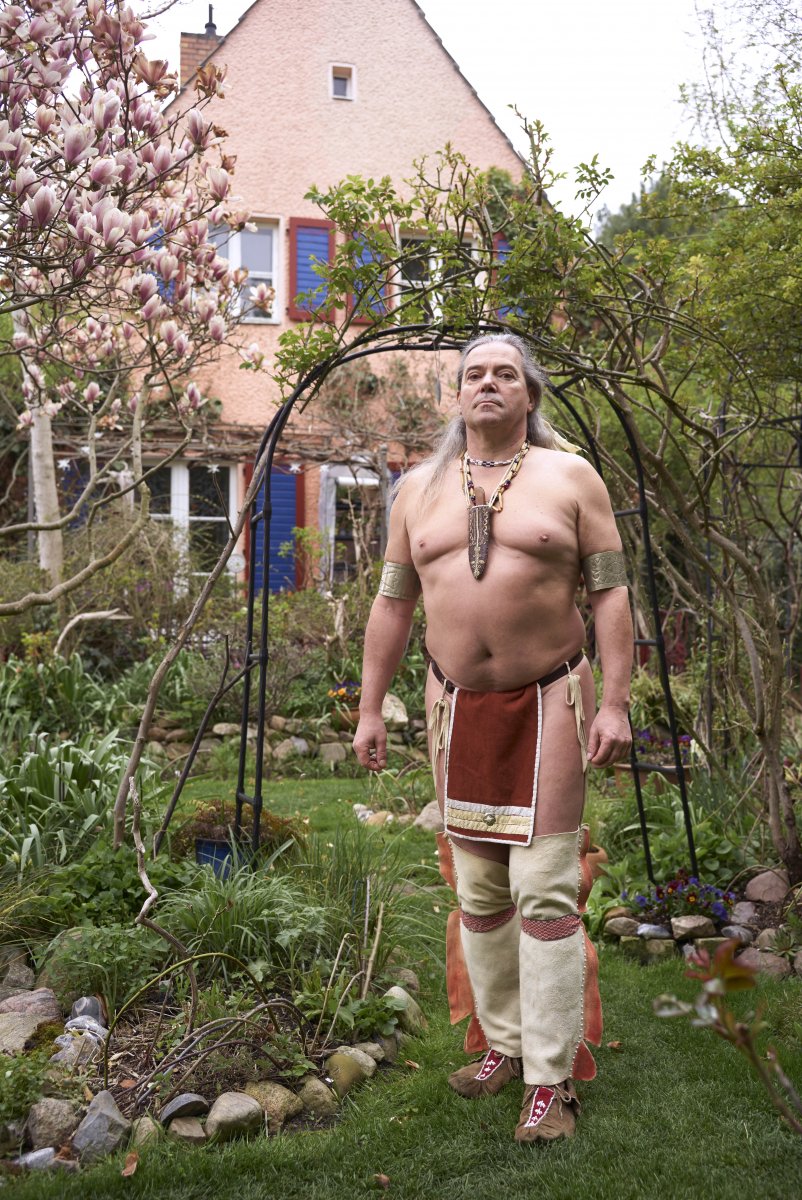
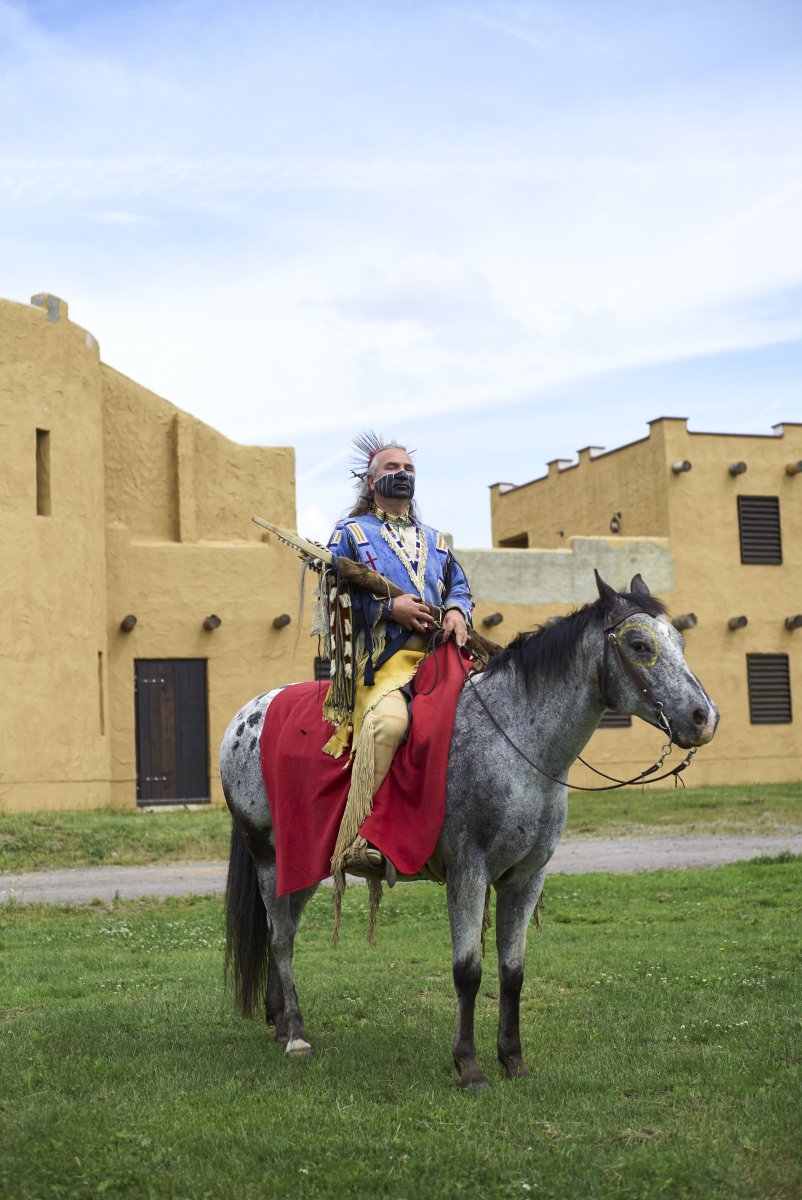
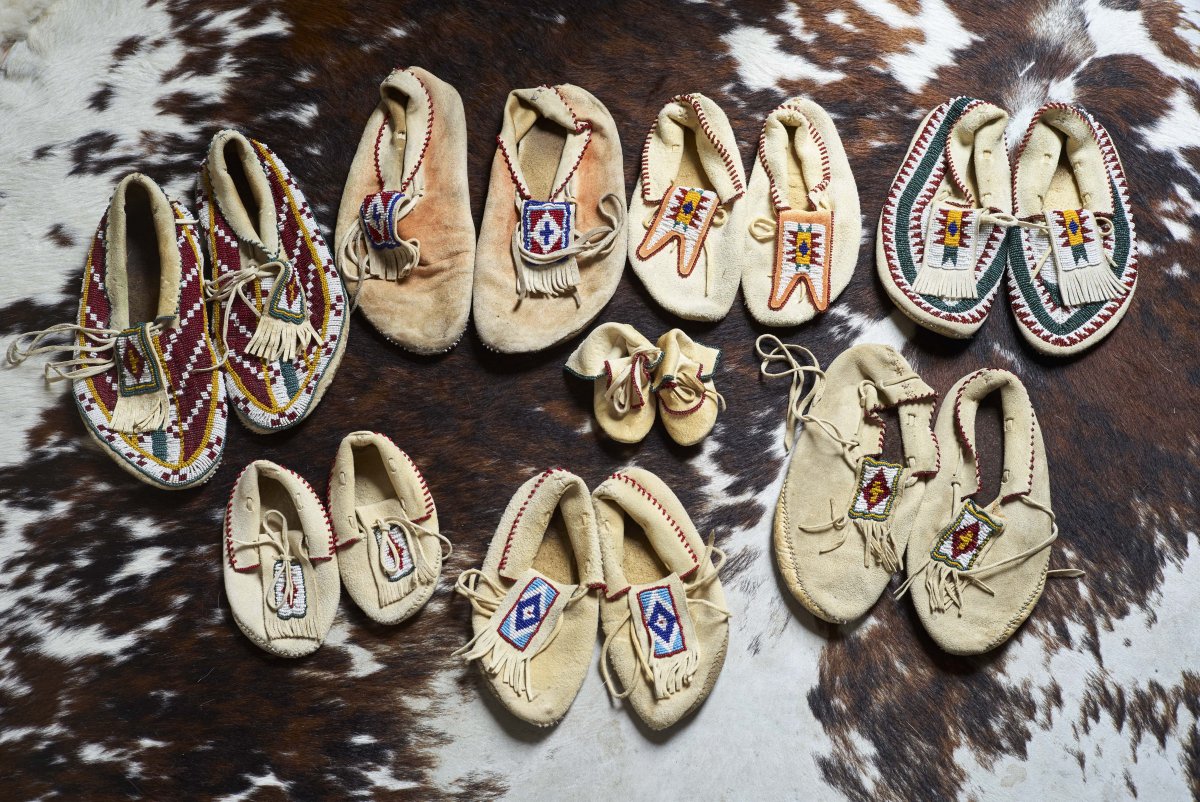
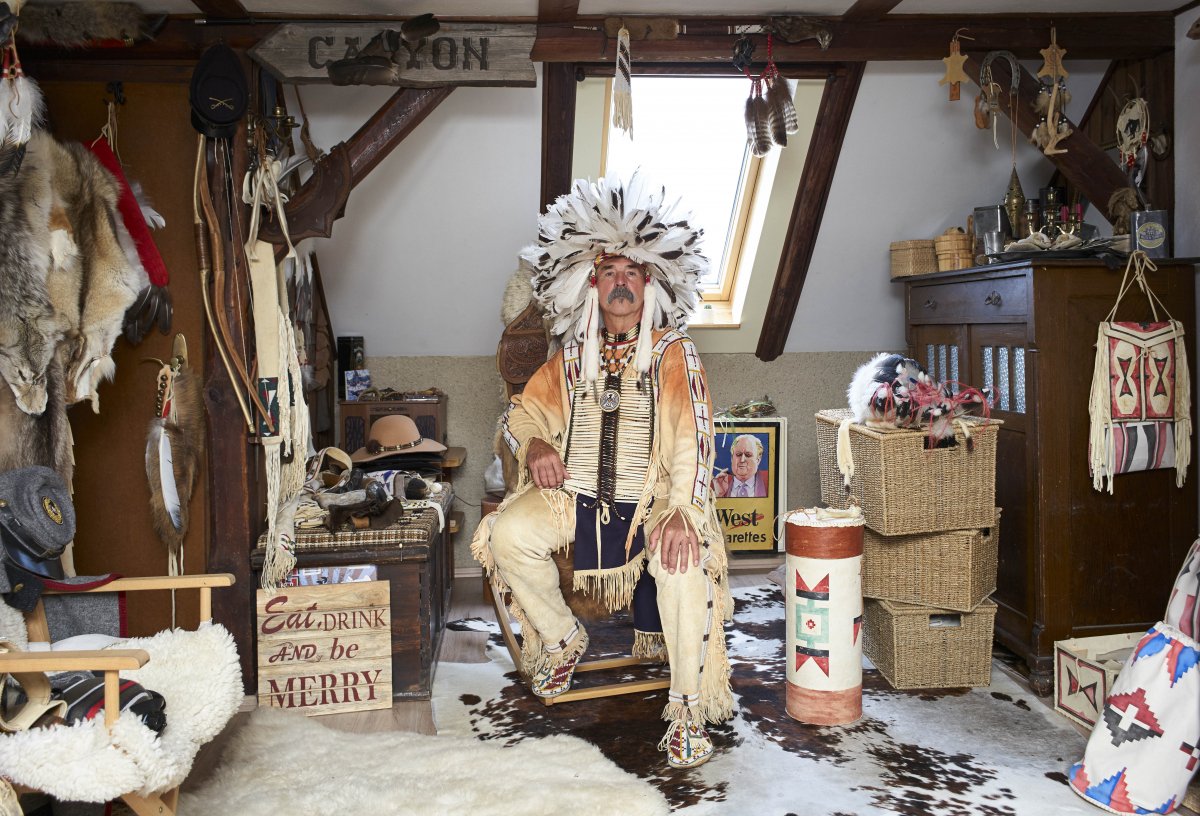
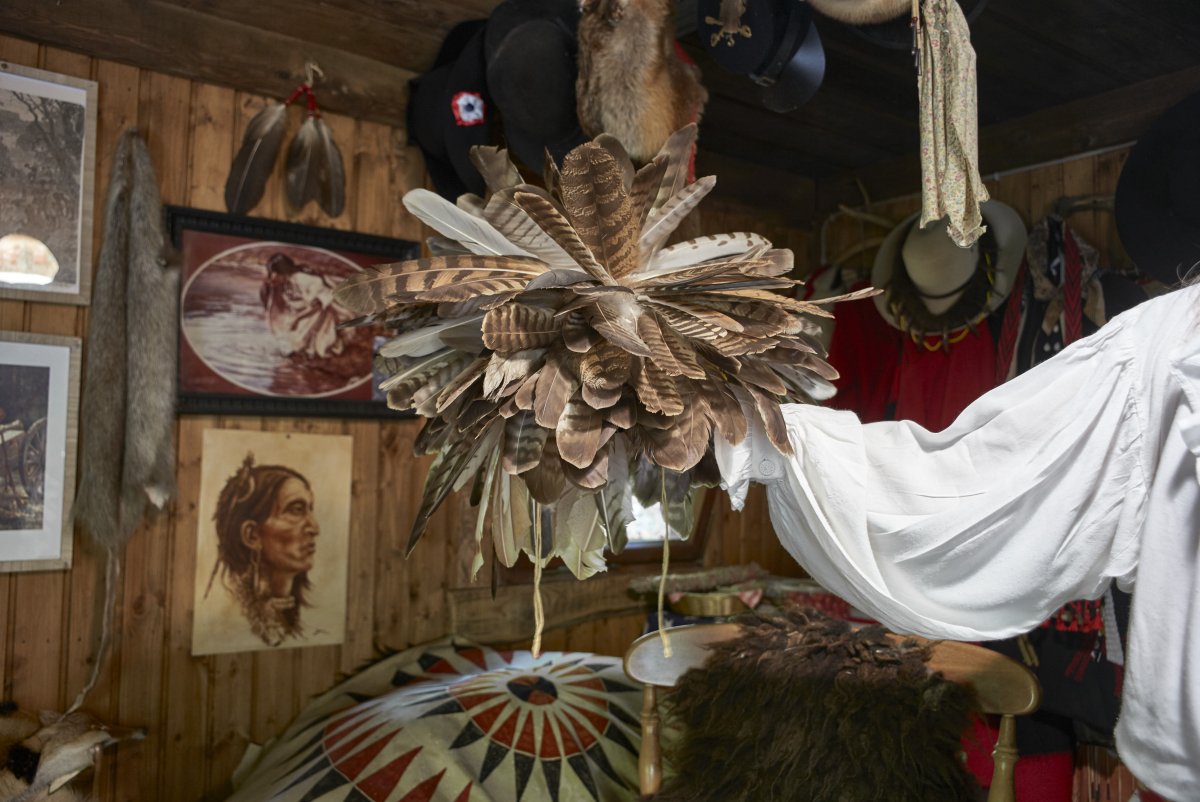
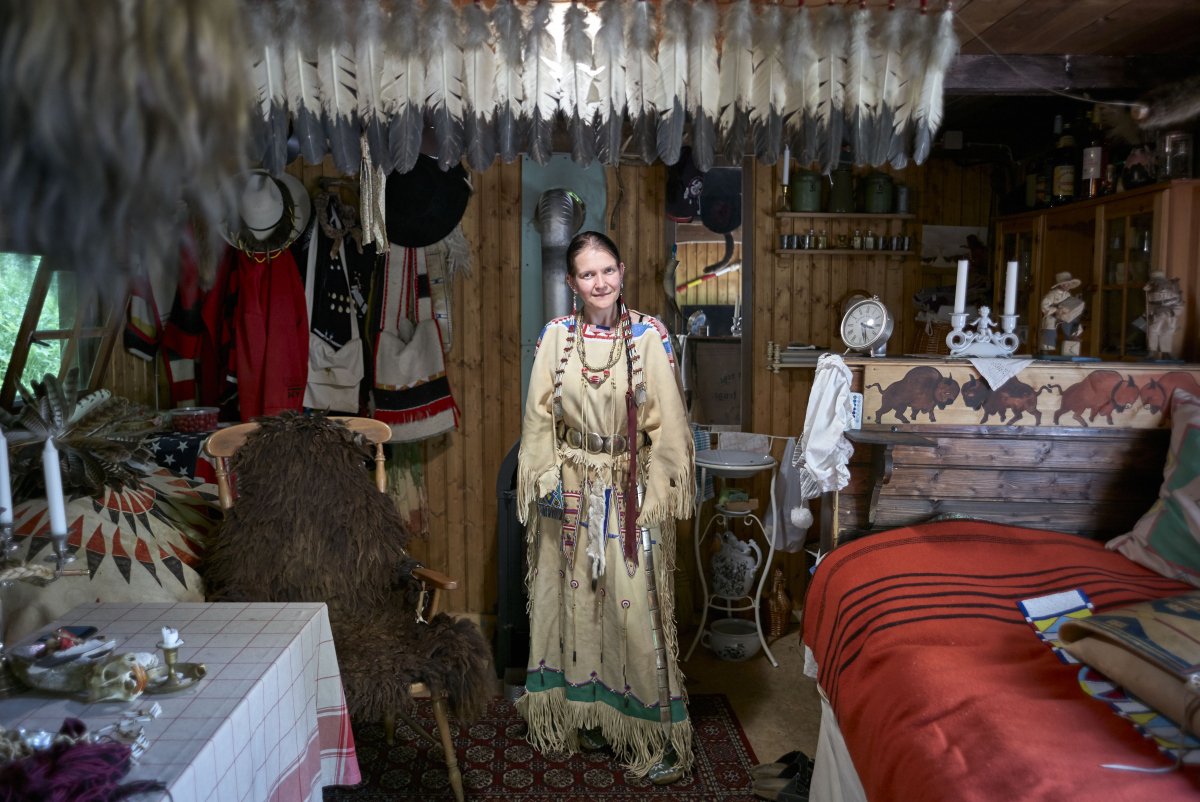
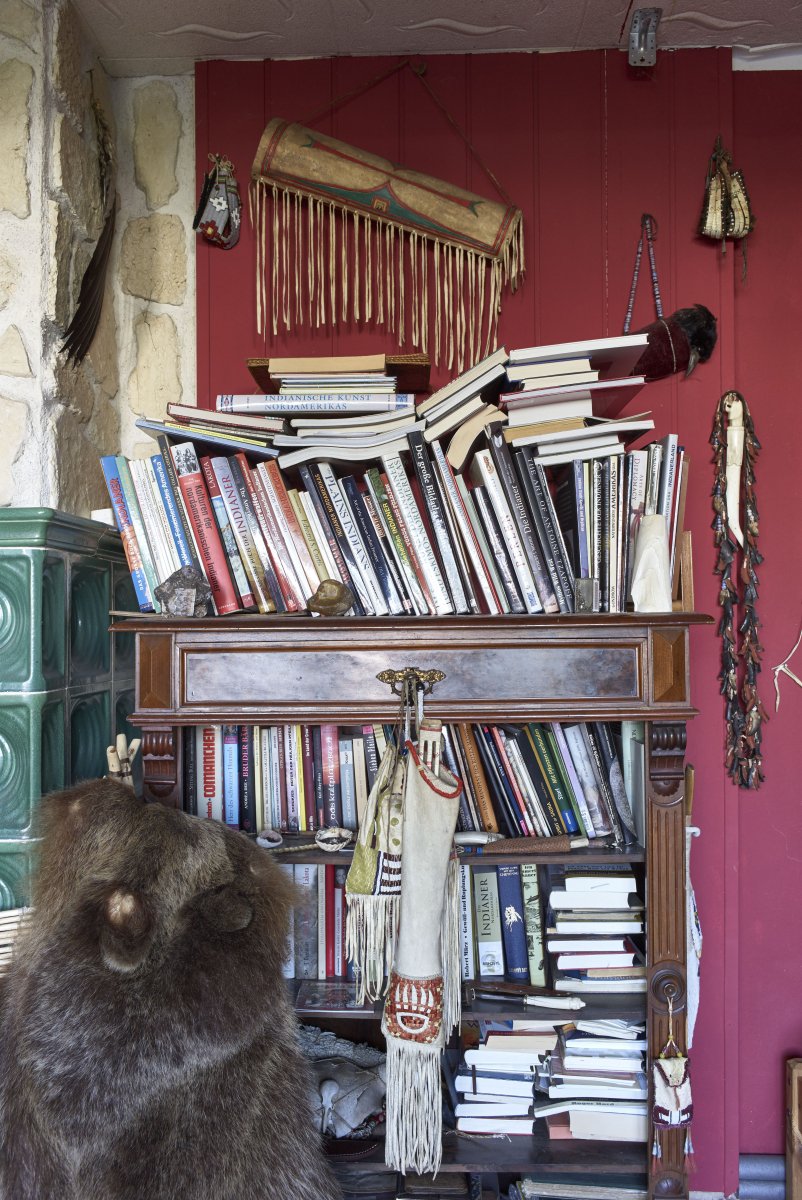
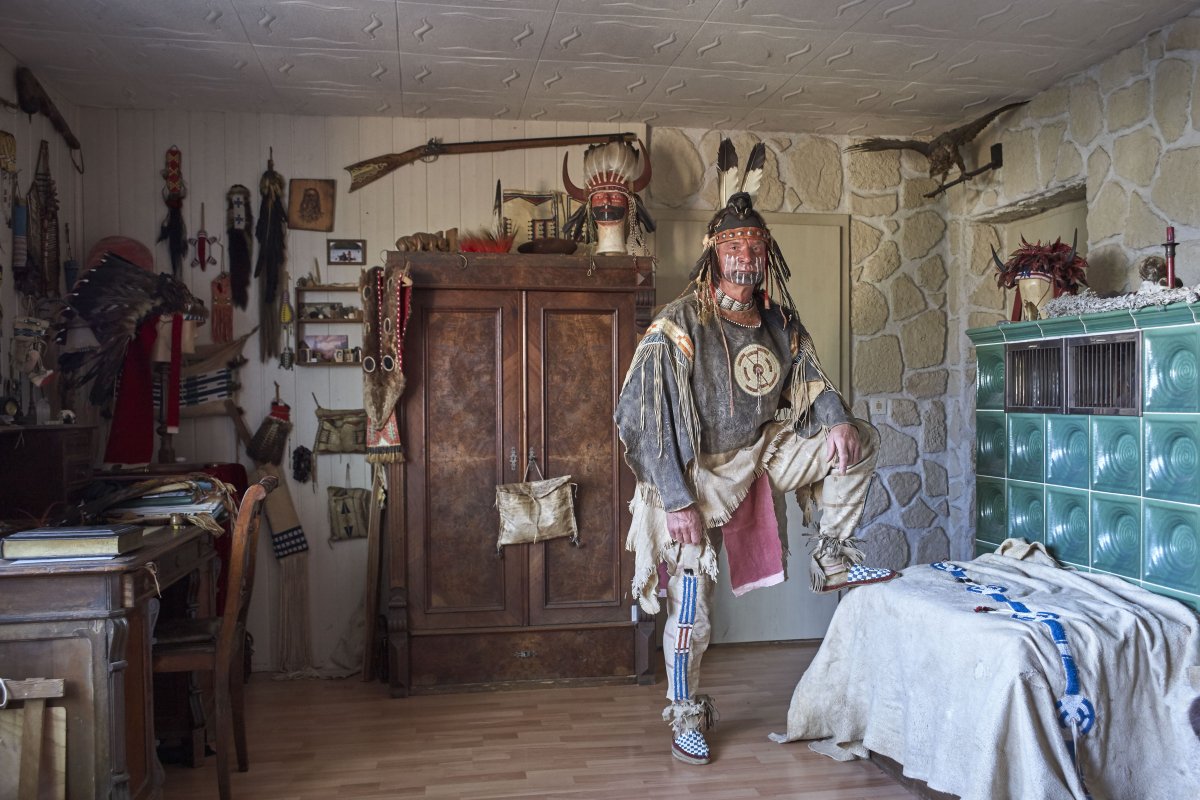
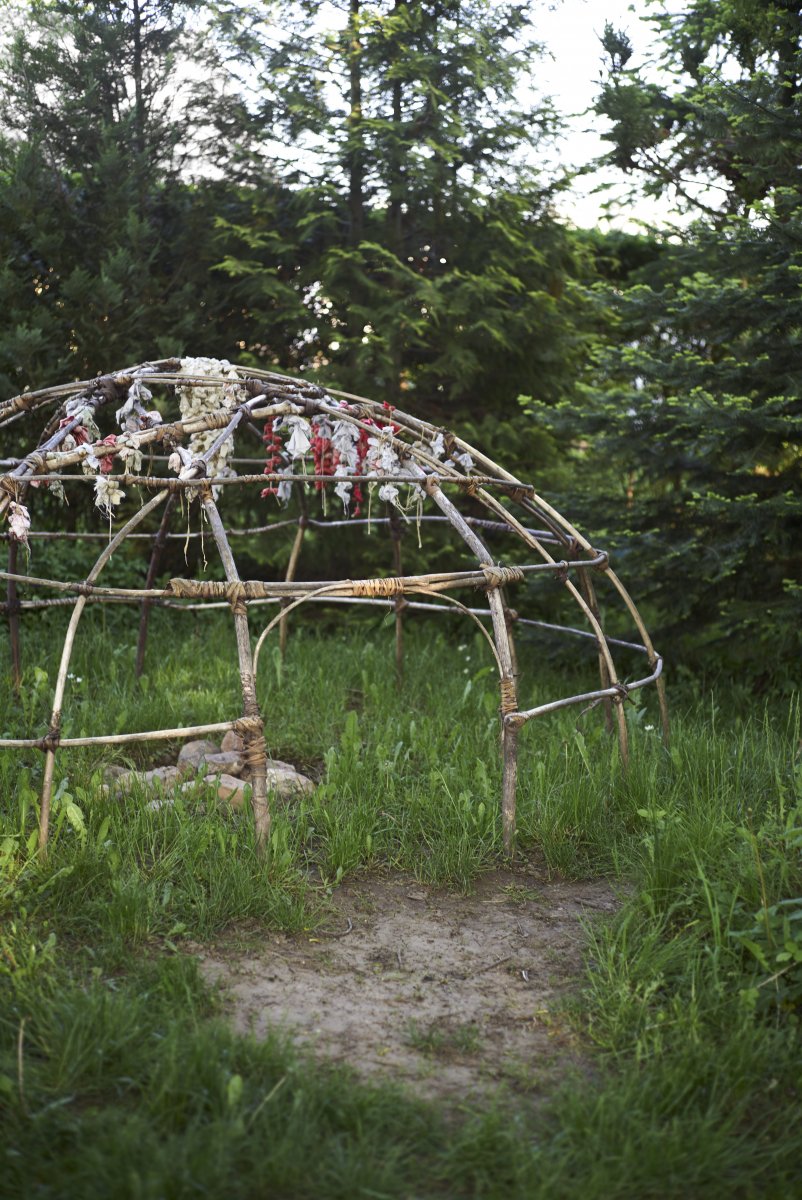
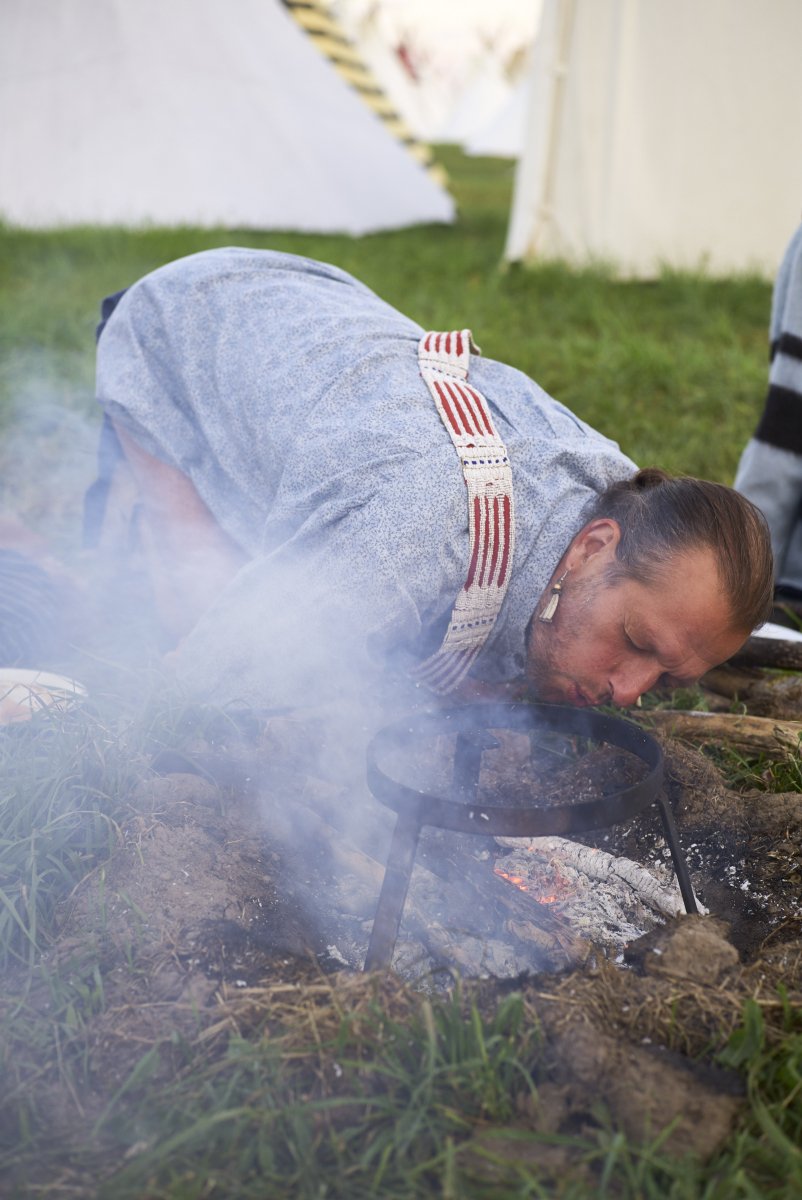
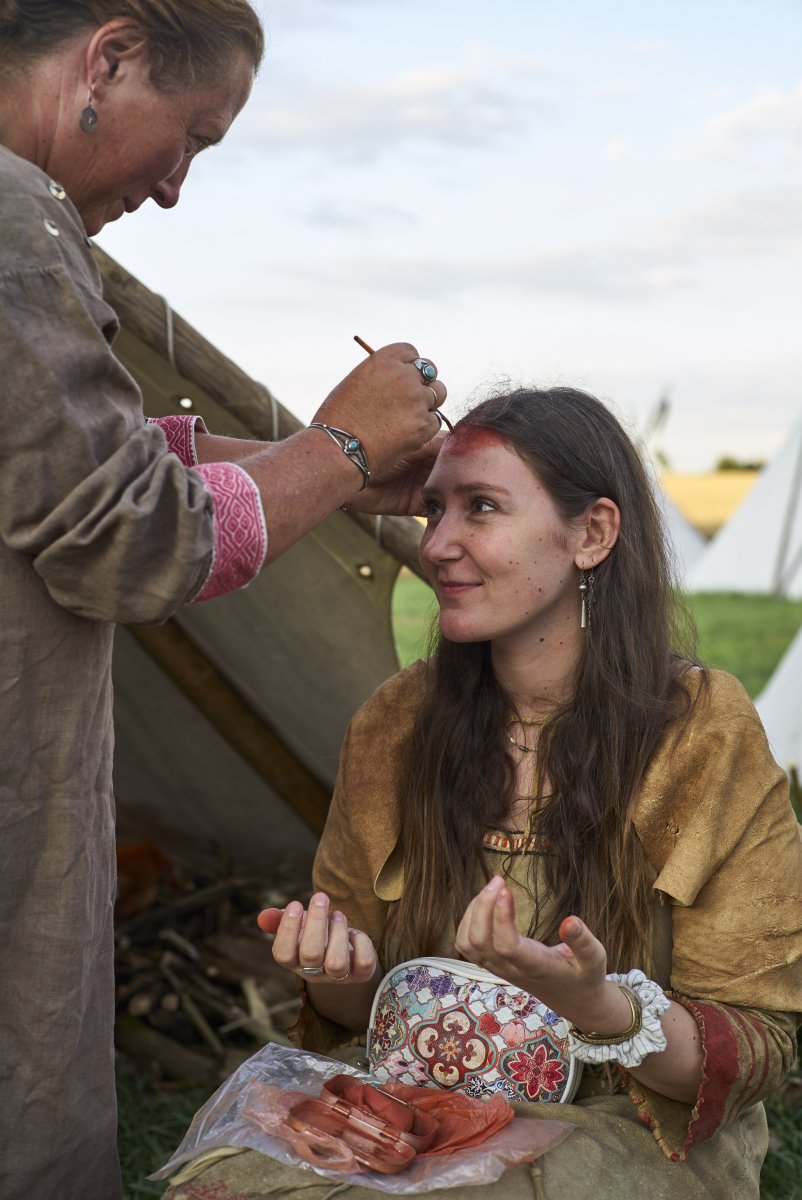
'Indian Week'
‘Indian Week’ is an annual gathering of German Indianists. This is based on the indigenous American tradition of summer camps where allied tribes and families meet to converse, mourn their dead and trade. This German gathering has been held annually since 1973 and takes place in a rural region in the east of the country. Nowadays, between 400 and 800 people gather with up to 300 tipis. For one week, the life of the indigenous population of North America in the 19th century is imitated, similar to a large family reunion. The Indian enthusiasts impersonate the different indigenous tribes from North America in dress, lifestyle and music. They cook over the fire, make music and dance long into the night, engage in hand crafts, trade materials and exchange stories about the past years.
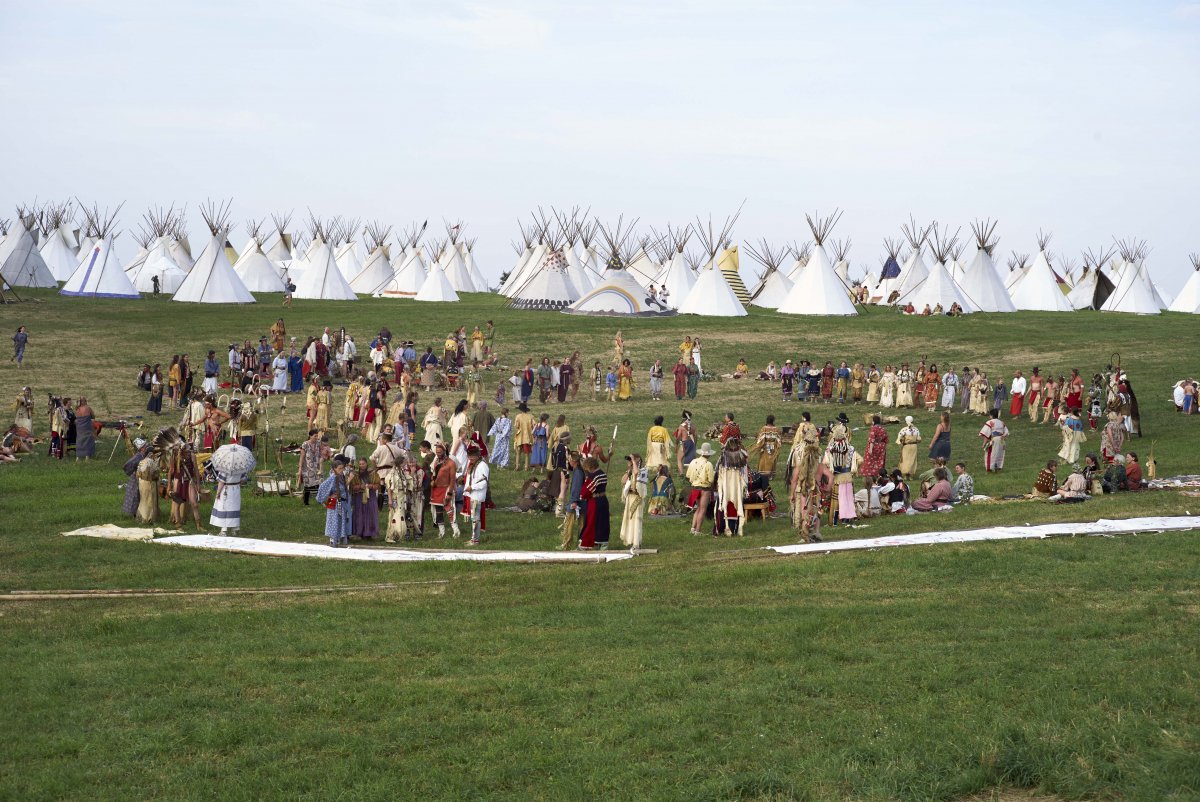
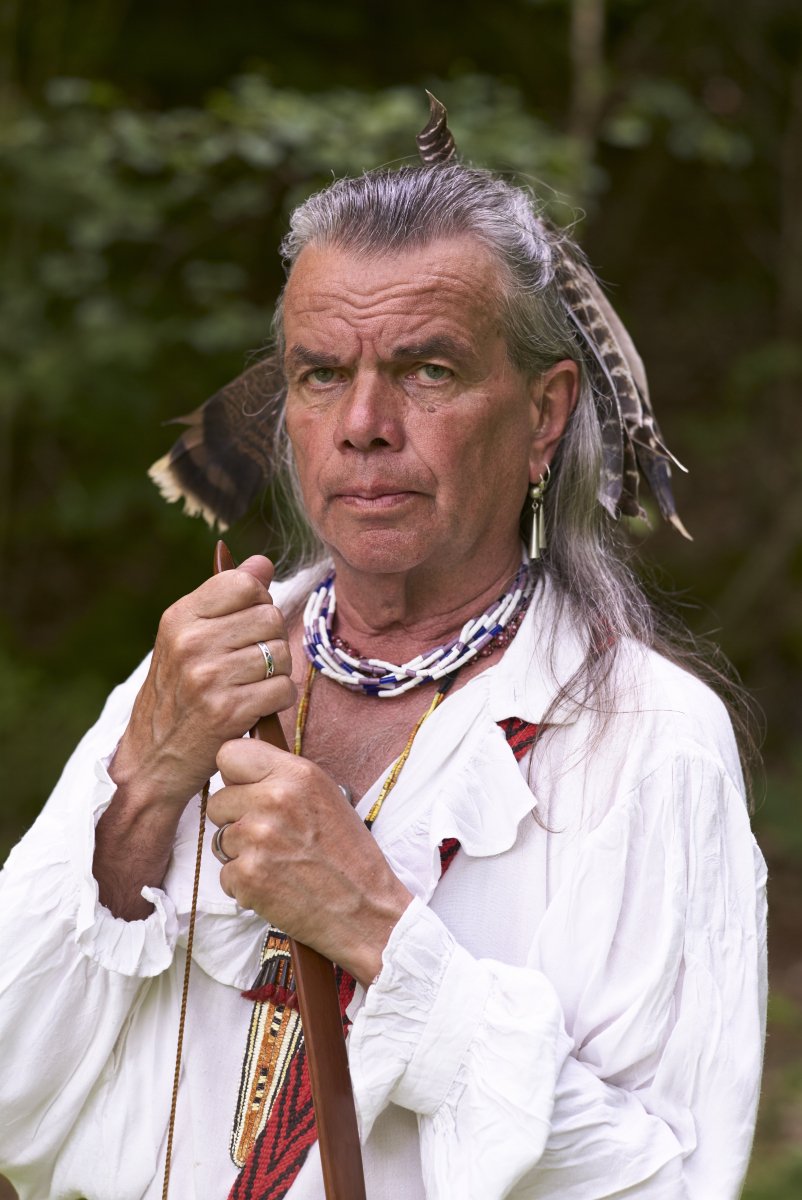
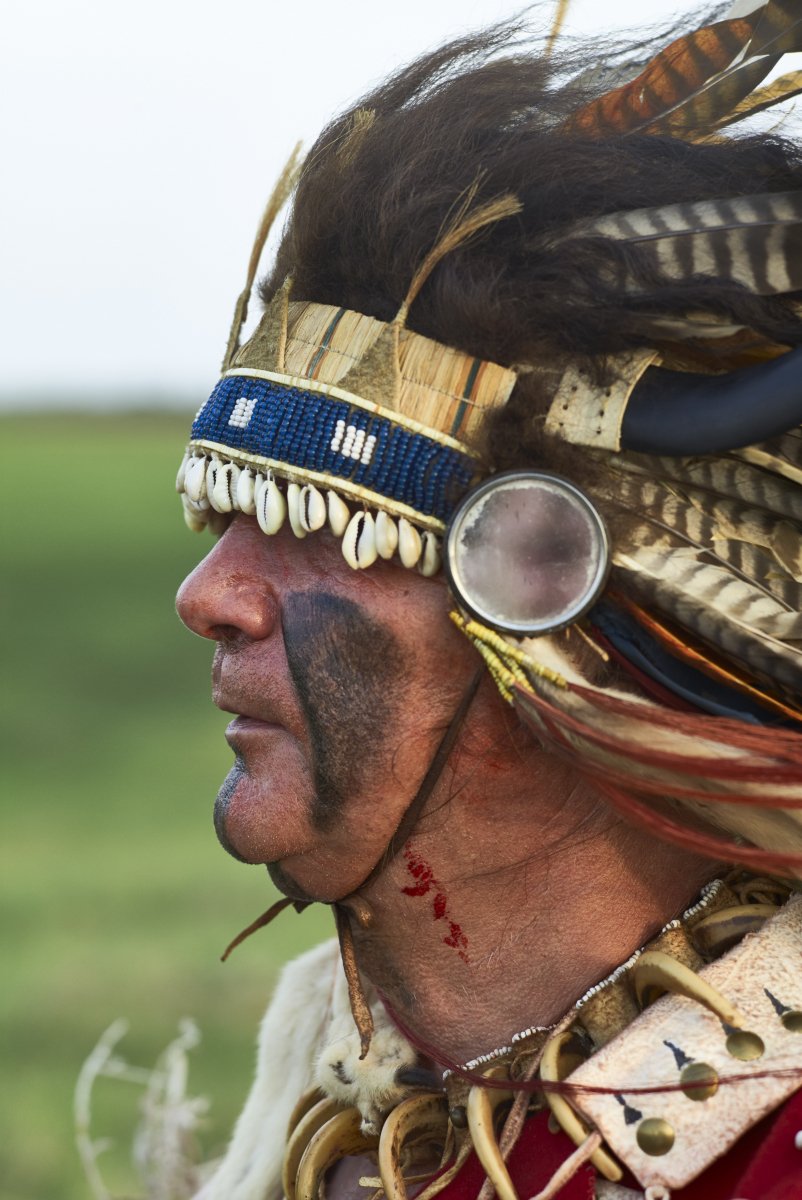
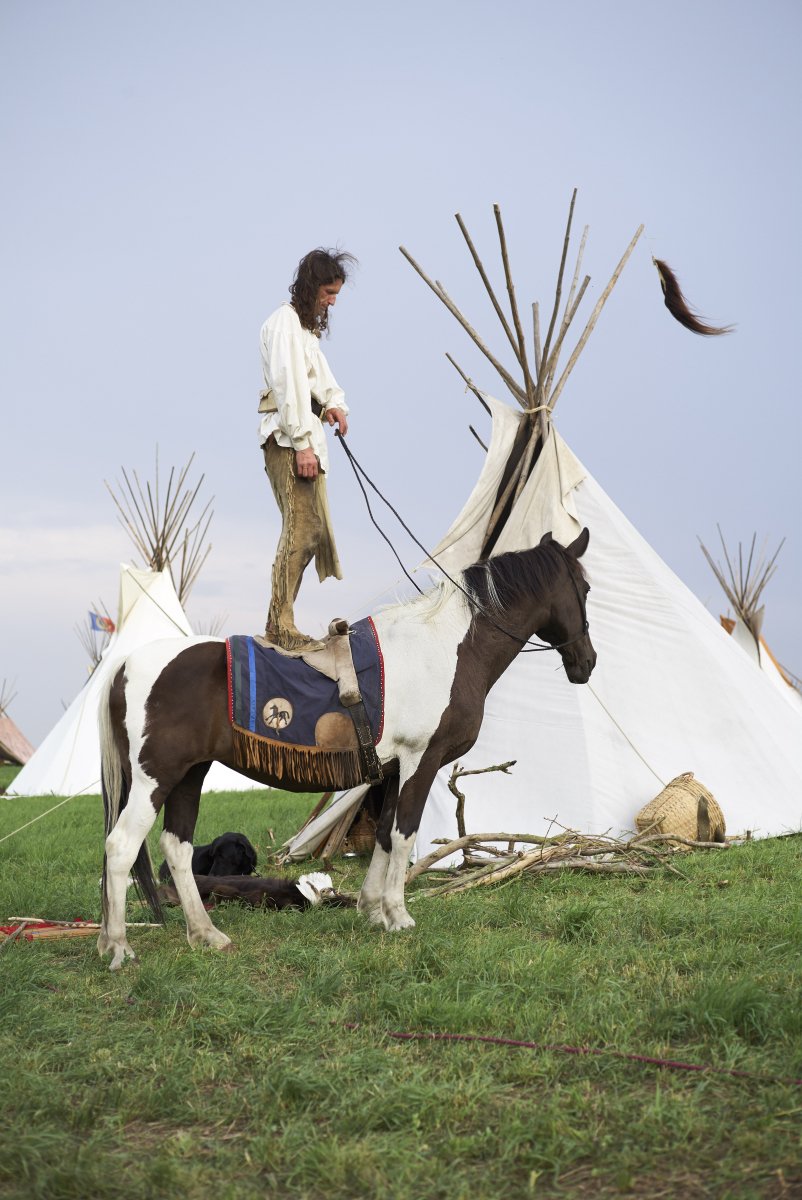
„Spectacles and impersonation of romanticized Indians in Western culture always stem from some kind of power structure, with the relations and perceptions it produces. No matter if the representations that are created are negative or positive, there‘s still an implicit conception of a linear hierarchy of cultures and peoples, and a sense of entitlement and „centrality“ of European culture.
[…] Appropriation is rarely, in my view, a real issue or the main issue. It makes it sound like some hard rule, a boundary not to cross without clear reasons why. The motivations or consequences of appropriation hold more substance. The „mindset“ that enables it in the first place. It is often about
exploitation, in the arts and marketing. Not so much here, where it is more purely a fantasy. […] The first interesting question, it seems, would just be „why“, and part of the answer must be in German culture."
Nicolas Renaud
Member of the Huron-Wendat First Nation of Wendake, filmmaker, visual artist and Assistant Professor in First Peoples Studies at Concordia University, Montréal
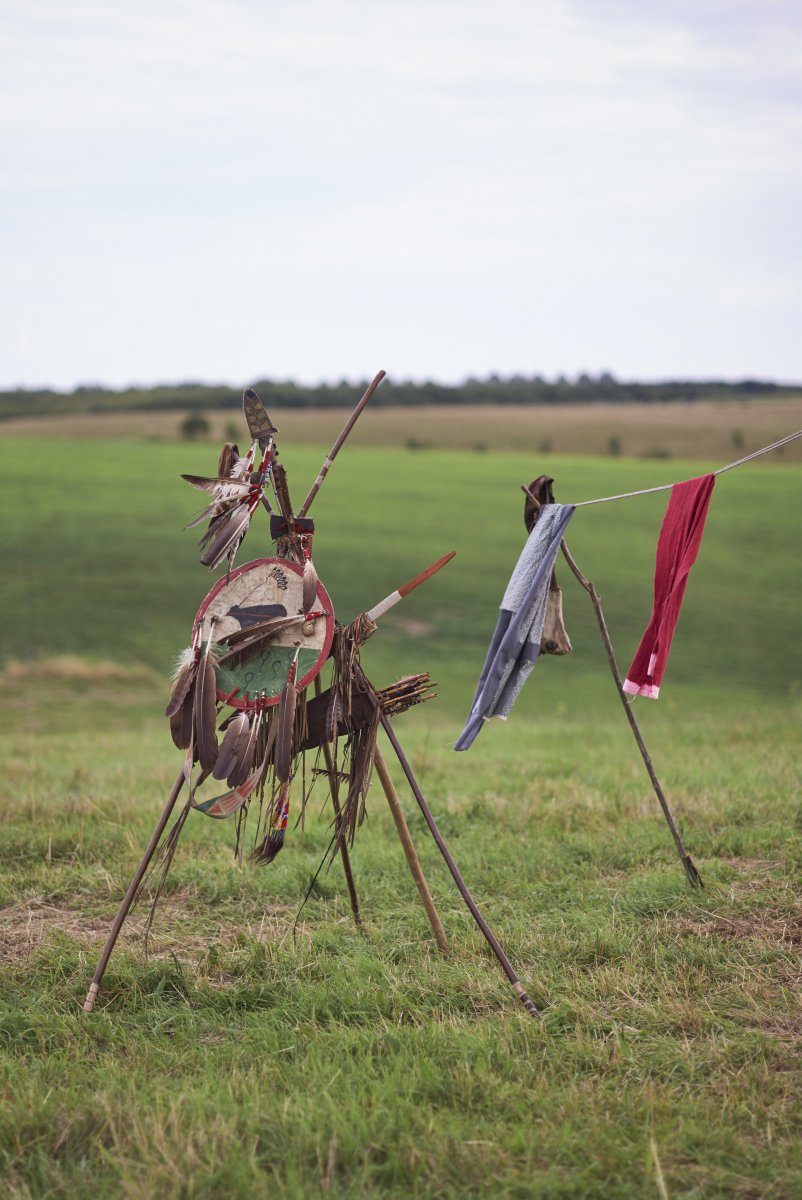
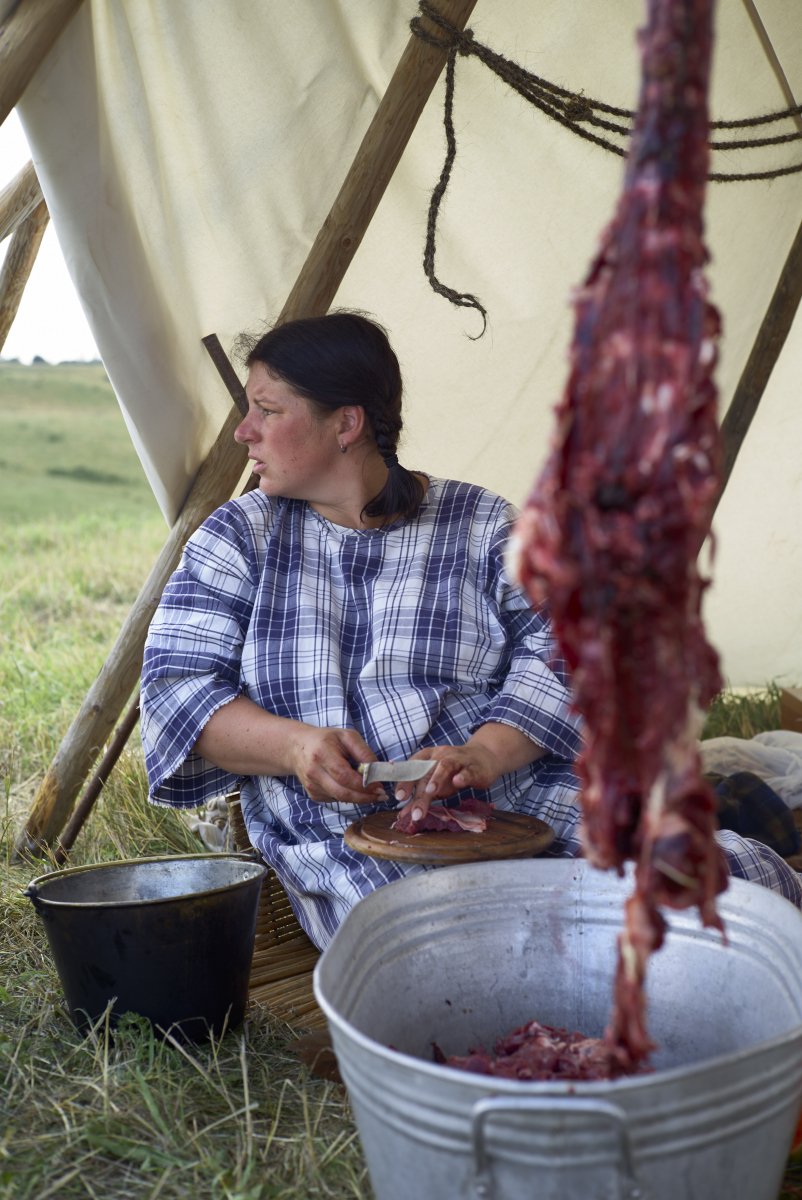
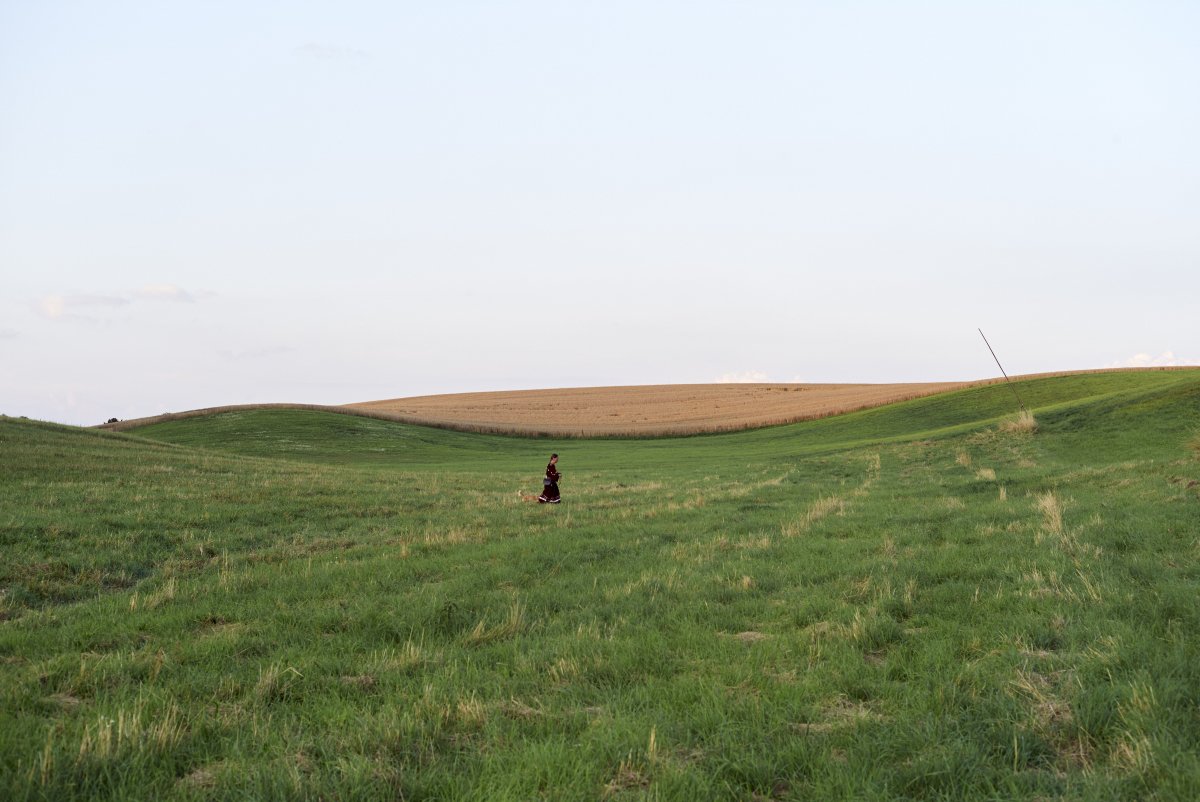
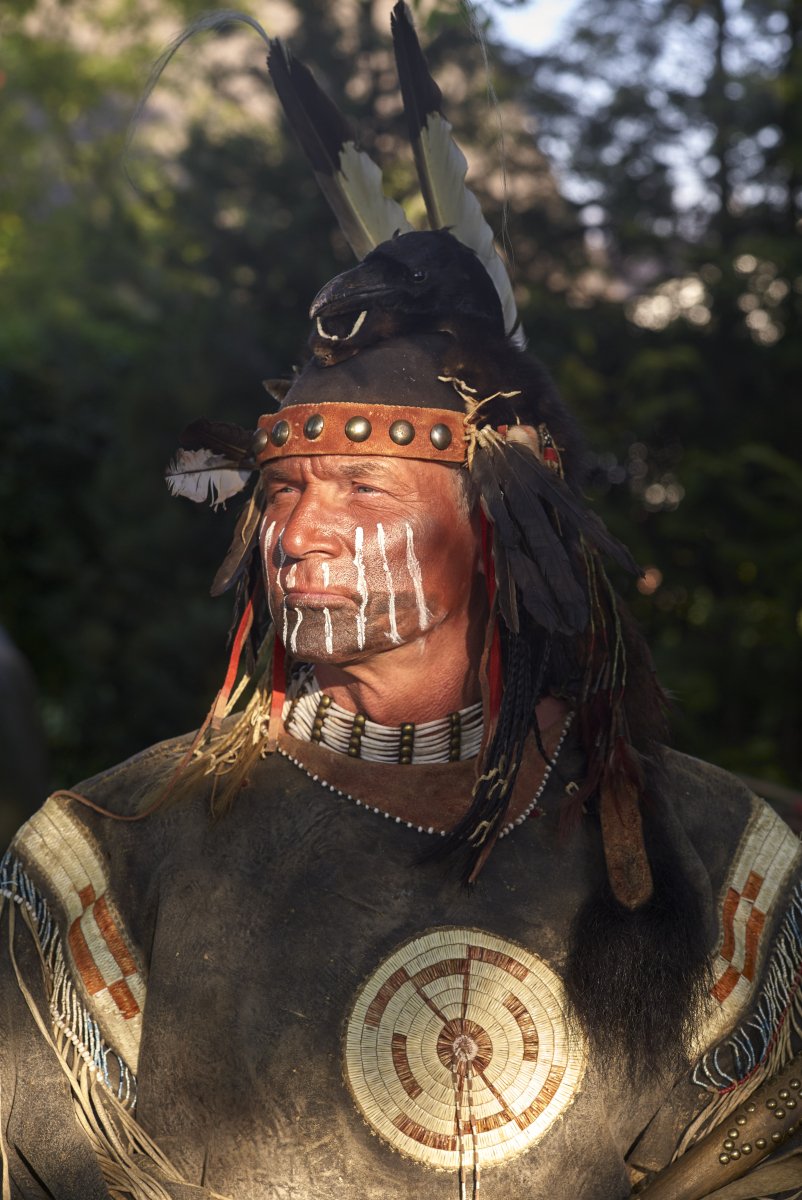
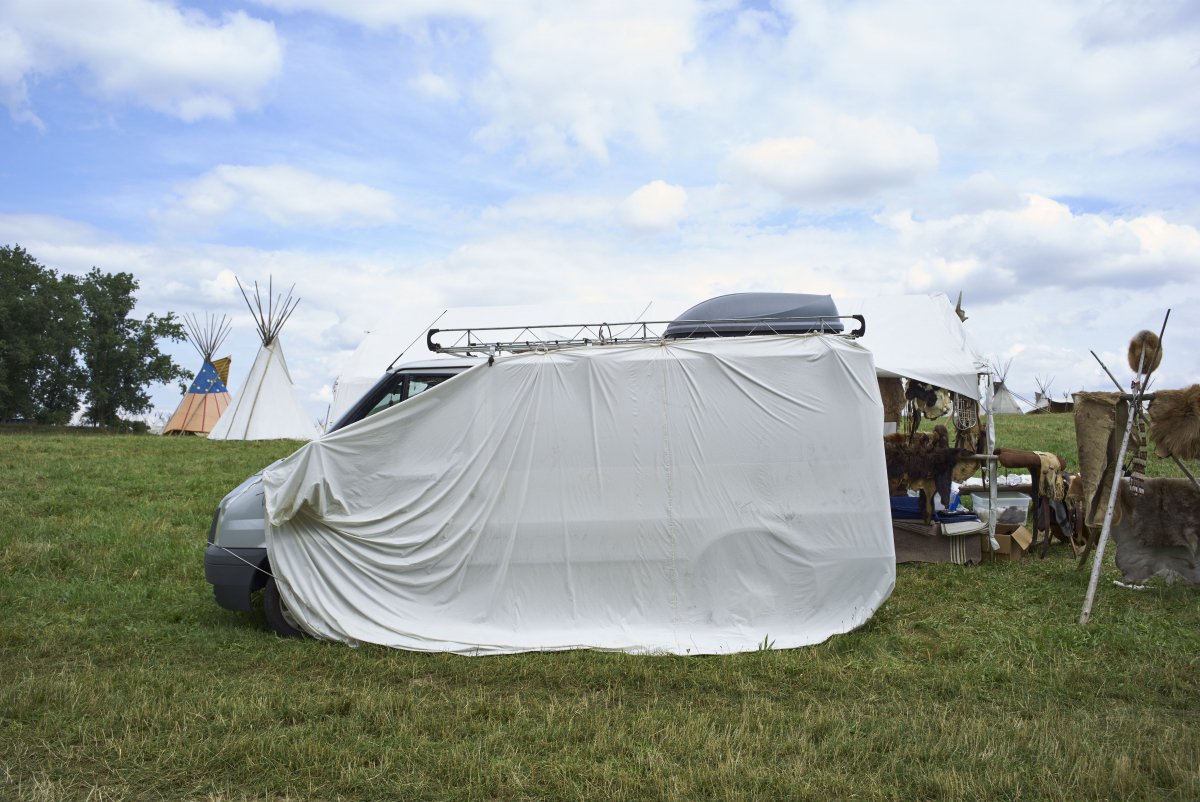
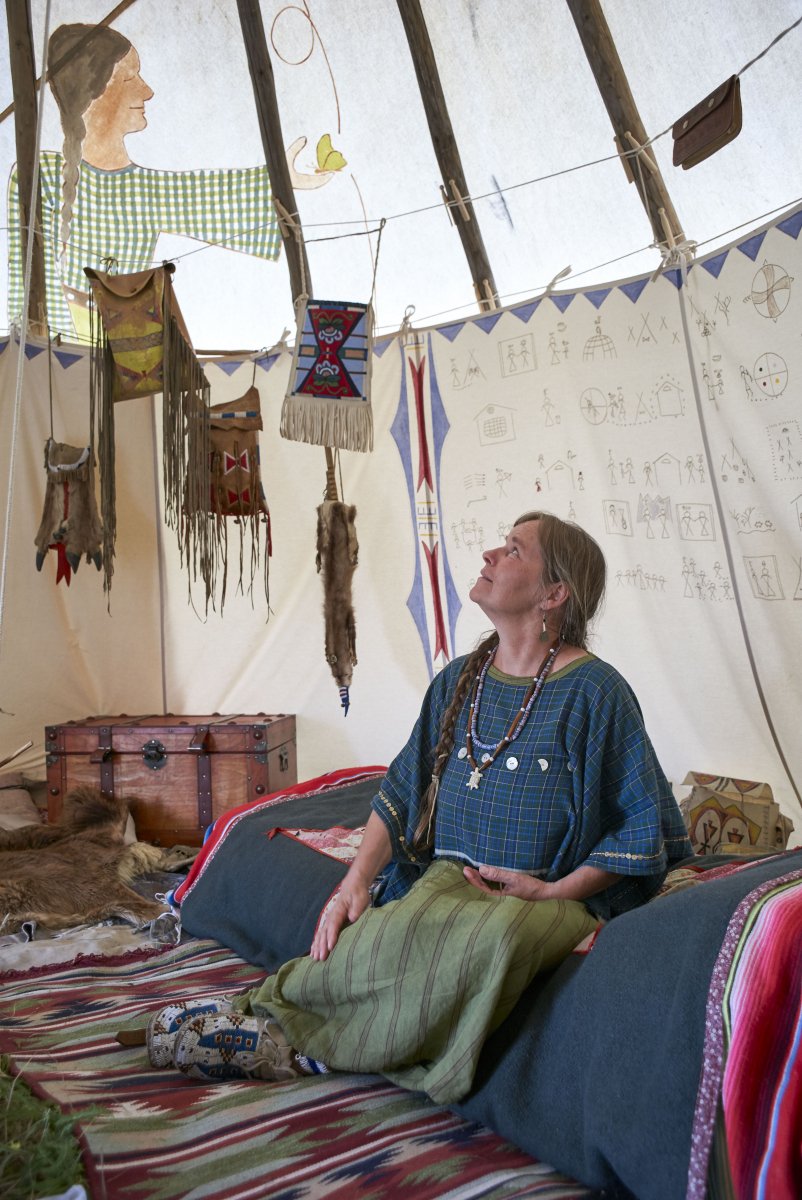
„It took me several years to understand, that the Indianists are not like the white American people. They want to celebrate indigenous American lifestyle. They know, that they aren’t Lakota. They know that they are German and white, but they have empathy, compassion and they are doing their best to understand Native Americans. They are doing it with respect. And since I know that, I am okay with it.“
Wayne Whitewing
Member of the Lakota, living in Germany
